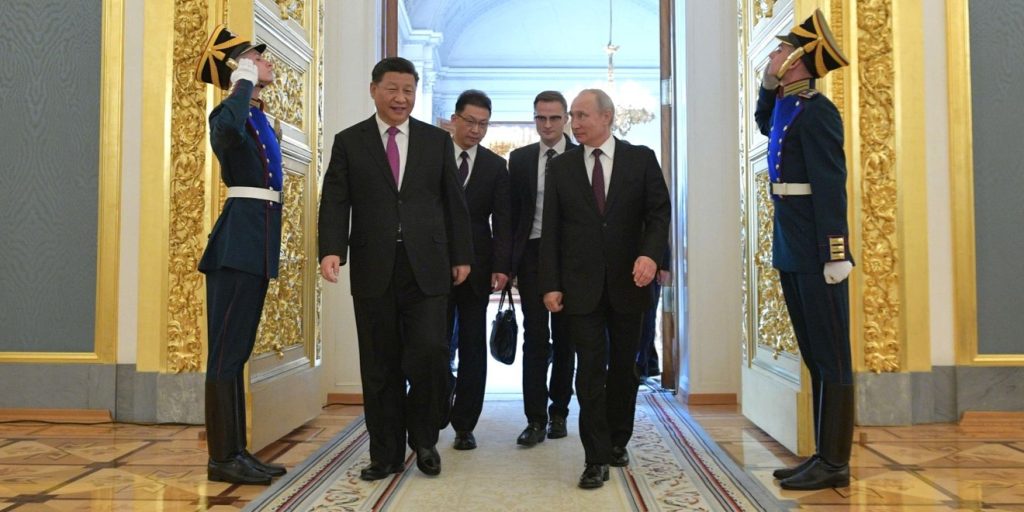Kim Jong-un described Putin as his “dearest friend and comrade.”
Others are reading now
Dictatorships often share a unique relationship on the global stage, bound not by the principles of democracy or mutual accountability, but by shared interests and survival tactics.
These leaders, despite often having distinct ideologies, find common ground in their opposition to external pressures, particularly from democratic nations.
Such alliances can shape geopolitics, influence conflicts, and redefine diplomatic strategies.
In a notable example of these relationships, North Korean leader Kim Jong-un and Chinese President Xi Jinping recently extended warm New Year greetings to Russian President Vladimir Putin, according to Digi24.
Also read
Happy New Year From China and North Korea
Kim Jong-un described Putin as his “dearest friend and comrade,” according to North Korea’s state-run KCNA news agency.
He expressed heartfelt wishes on behalf of the North Korean people and military, emphasizing their solidarity with Russia.
Kim’s message praised the strengthened political, cultural, and military partnership between Moscow and Pyongyang, particularly following Russia’s 2022 invasion of Ukraine.
The alliance is further solidified by a mutual defense treaty signed in June, which ensures immediate military support in the event of external aggression.
Kim also voiced optimism that 2025 would mark a significant Russian victory, referring to the ongoing conflict in Ukraine and labeling it a fight against “neo-Nazism.”
Xi Jinping’s message, meanwhile, focused on the broader geopolitical alignment between China and Russia.
The Chinese president framed their partnership as one grounded in nonalignment and non-conflict, a narrative aimed at countering criticism of Beijing’s perceived support for Russia’s war efforts.
Xi’s remarks emphasized China’s role in promoting global peace and highlighted the 75th anniversary of diplomatic relations between the two nations.
While Beijing officially claims neutrality in the Ukraine war, its trade and economic interactions with Moscow have drawn criticism from the West.
The European Union recently sanctioned several Chinese companies for allegedly supplying military components to Russia.

